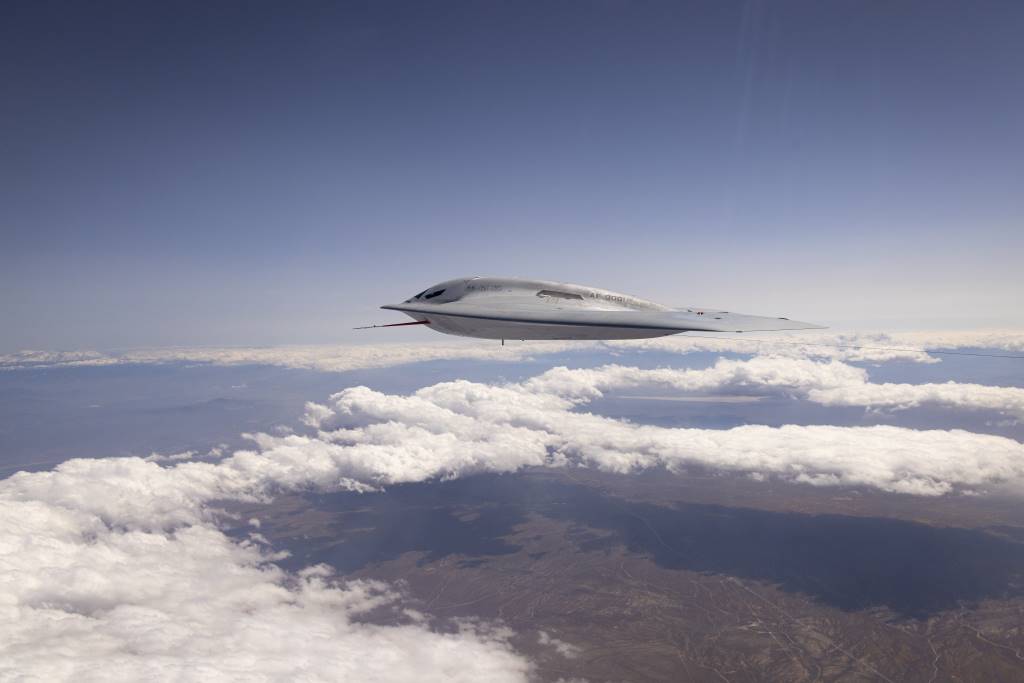
Northrop Grumman hits new ICBM manufacturing milestone
7th Apr 2021 | In News | By Michael Tyrrell

Northrop Grumman was awarded the $13.3 billion GBSD engineering and manufacturing contract last year to begin modernising the US's aging intercontinental ballistic missile system.
An Integrated Baseline Review (IBR) confirms that the project is properly planned and ready for execution. The review is a critical milestone that sets the performance measurement baseline and keeps the programme on track for initial operating capability (IOC) by 2029.
“Meeting our GBSD commitments is paramount,” said Greg Manuel, vice president and general manager, strategic deterrent systems division, Northrop Grumman. “Our team remains focused on delivering a modern strategic deterrent capability to keep pace with 21st century threats.”
IBR occurs within the first 180 days of contract award to set cost and schedule baseline, identify and quantify risks, and ensure mitigation plans are in place when executing the program.
Early in the review, Northrop Grumman and the Air Force collaborated to develop a common understanding about the project’s baseline as it relates to technical, schedule, cost, resource, and management process risks and their impacts.
“Given the sheer size and importance of schedule integration, we had to be agile in meeting this critical milestone, there is no margin for delay,” said Steve Lunny, vice president, GBSD programme, Northrop Grumman. “Early-on, we worked with the Air Force, shoulder-to-shoulder in a virtual setting, to engage at a deeper level and share critical insights throughout IBR to mitigate risks, arrive at a common baseline, and ultimately save time.”
The engineering, manufacturing and development phase includes full system design, qualification, test and evaluation, and nuclear certification.
Upon successful completion of this phase, the Northrop Grumman team will begin producing and delivering a modern and fully integrated ICBM system to meet the Air Force’s schedule of initial operational capability by 2029.
The GBSD program has also earned the e-Series designation by the US Air Force, meaning the programme has leveraged digital engineering principles to model and authenticate virtual designs and significantly shorten development timelines.
Northrop Grumman is leading a nationwide team that includes Aerojet Rocketdyne, Bechtel, Clark, Collins Aerospace, General Dynamics, Honeywell, Kratos Defense and Security Solutions, L3 Harris, Lockheed Martin, Textron Systems.
The team also includes hundreds of SME companies from across the defense, engineering and construction industries.
Overall, the GBSD program will involve over 10,000 people across the US directly working on this national security programme.
Consider a free digital subscription
If you find this article informative, consider subscribing digitally to Aerospace Manufacturing for free. Keep up to date with the latest industry news in your inbox as well as being the first to receive our magazine in digital form.










